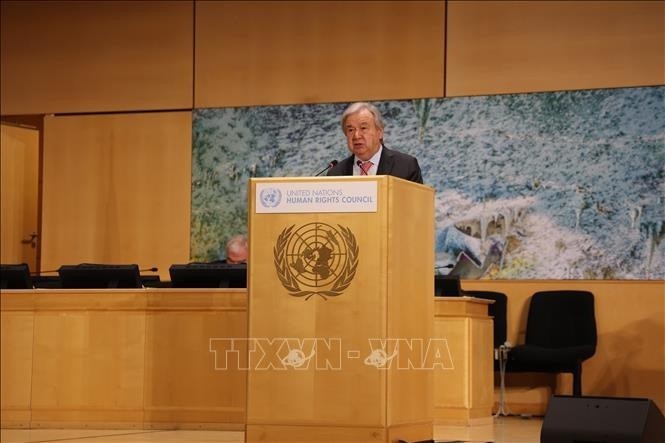Pakistan's National Fiscal Pact
 |
With looming fiscal pressures and critical IMF targets at stake, the need for national consensus is urgent. But the committee’s composition — conspicuously excluding the government of Khyber Pakhtunkhwa — has already compromised the credibility of what ought to have been a constitutional and inclusive exercise.
The stakes are high. The fiscal pact, signed in September 2024, is not just another intergovernmental agreement. It is a structural reform benchmark agreed with the IMF, designed to rationalise federal and provincial expenditure responsibilities, devolve project financing, and ensure policy coherence in taxation. If implemented earnestly, it could improve public finance management and reduce unsustainable federal deficits.
But for such structural reforms to take root, especially under the 18th Amendment, consensus across all federating units is not optional — it is a constitutional necessity.
The exclusion of Khyber Pakhtunkhwa from the newly-constituted eight-member oversight committee, therefore, would be incomplete both in letter and the spirit of the federal structure. No matter how noble the intent or pressing the deadline, excluding a province from decisions that directly affect its fiscal autonomy weakens national cohesion and risks turning a national reform into a partisan compact.
If the goal is to build consensus on complex issues such as debt burden sharing, development financing, and water security — all of which require delicate negotiation and joint ownership — then leaving out any provincial government could be counterproductive. The committee’s terms of reference include preparing budget proposals for both federal and provincial budgets within ten days. How can such input be complete or credible if one province is absent from the table?
The matter becomes even more urgent considering the content of the new IMF staff-level report, which highlights that, starting in FY2026, all new Public Sector Development Programme (PSDP) projects benefiting only one province must be financed directly from provincial budgets. This will inevitably require all provinces — KP included — to shoulder more fiscal responsibility. They deserve a voice in shaping how that responsibility is structured.
There is also the matter of principle. If the Federation intends to pass on a portion of the Rs8.7 trillion debt servicing cost to provinces, as is being quietly discussed, then it must first establish a consensus through mechanisms that are both constitutional and participatory. The 18th Amendment has already redefined the contours of fiscal and administrative authority. Any effort to rebalance burdens and responsibilities must begin with a respect for that framework. Otherwise, not only will the reforms falter, but they will likely invite legal and political pushback that the economy can ill afford.
The committee is also tasked with coordinating the development of critical water infrastructure — an area where KP is a key stakeholder. As Pakistan prepares to counter India’s obstruction of its water share under the Indus Waters Treaty, national unity is vital. Excluding a frontline province from this strategic conversation can be described as a flawed decision, given the real import of the economic challenges facing the country.
If the goal is to demonstrate fiscal discipline and political maturity to the IMF and international partners, then the current path risks doing the opposite. The National Fiscal Pact will be judged not by the optics of a high-powered committee, but by the integrity and inclusiveness of its process.
Most read
Recommended
 Economy
Economy
The billions given to charity by ordinary Indians every year
 Economy
Economy








